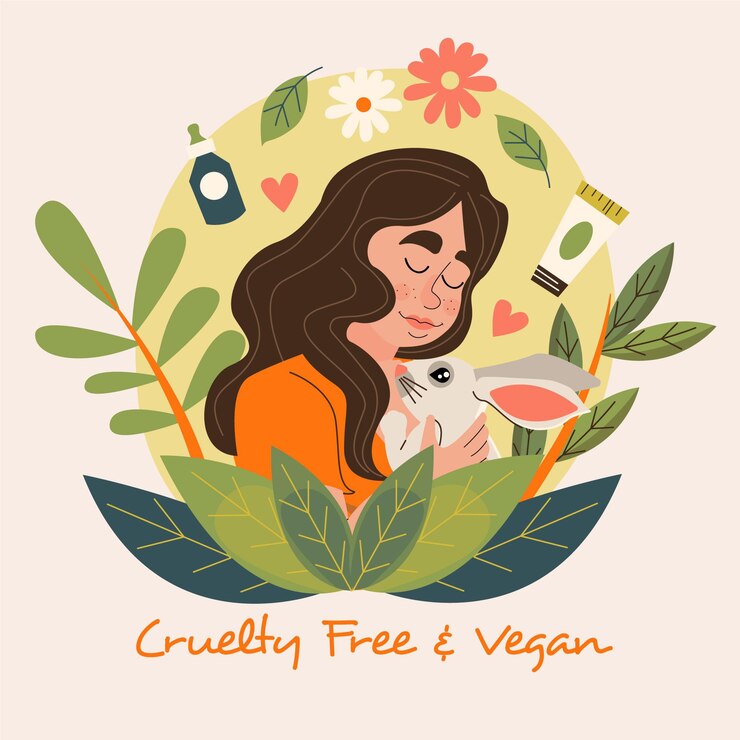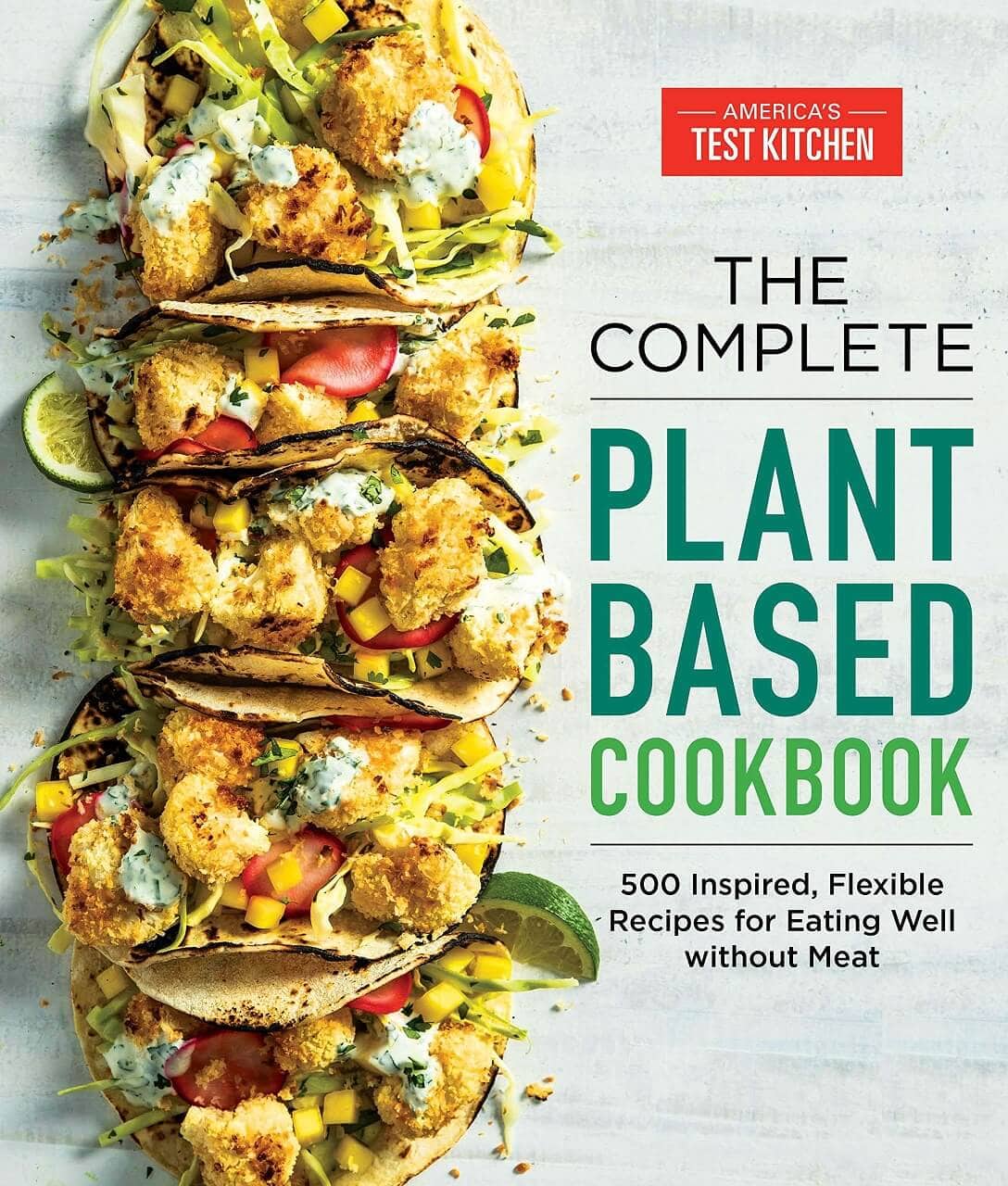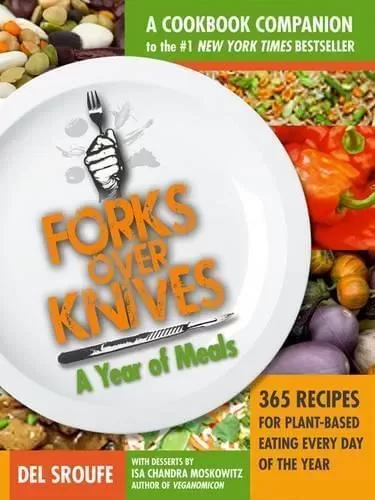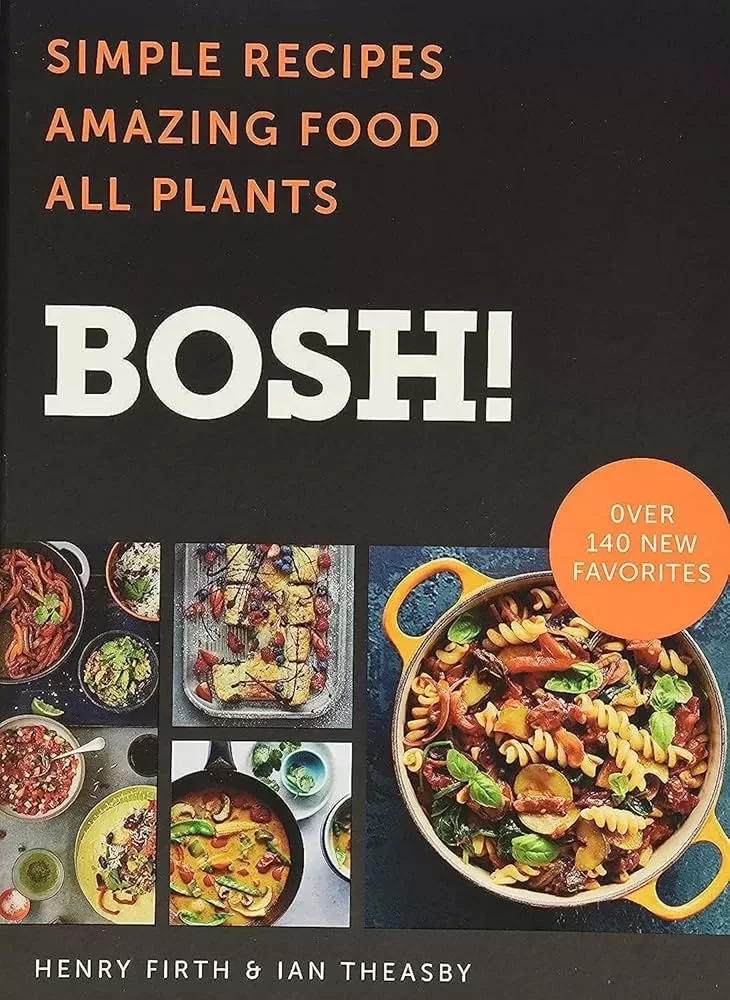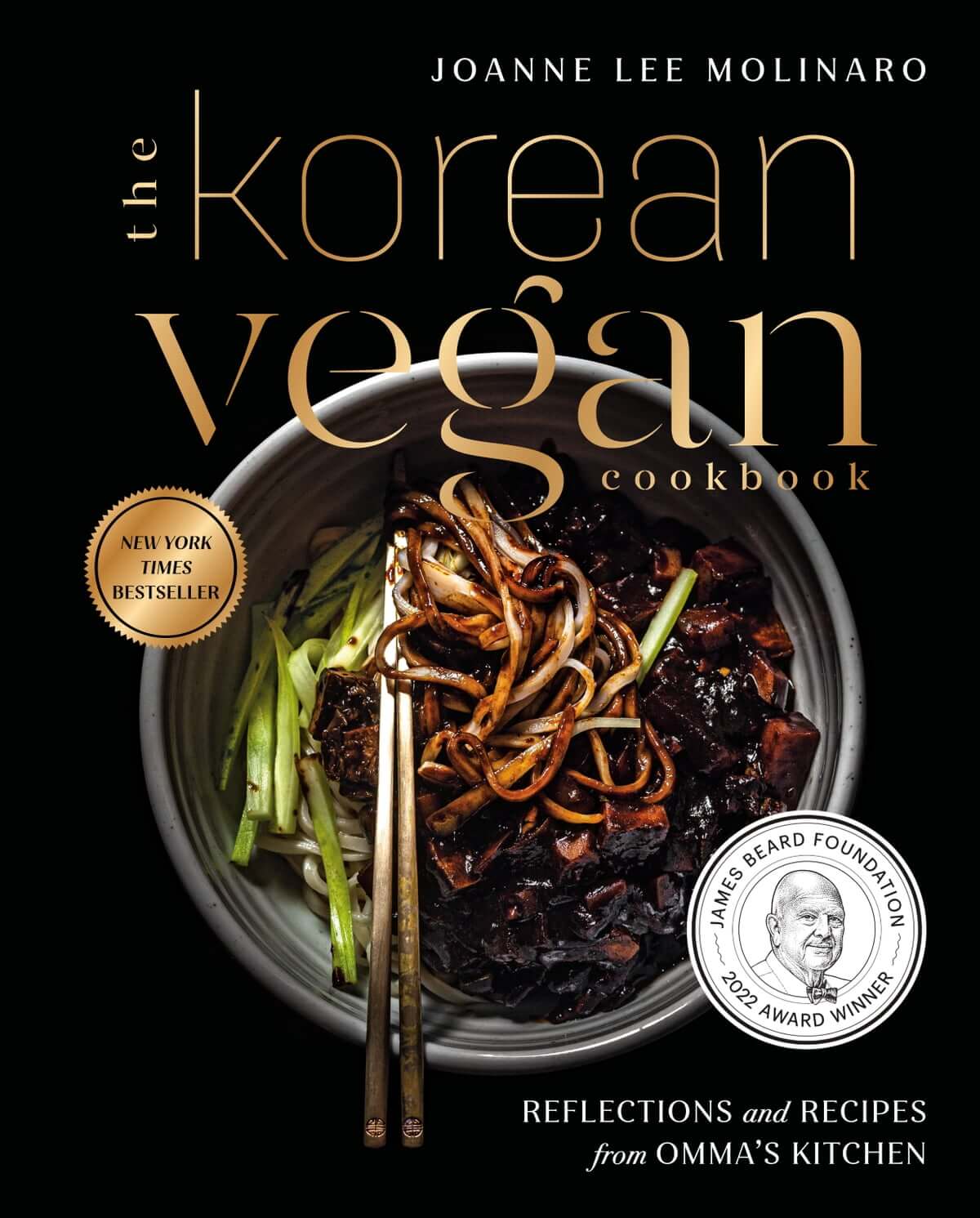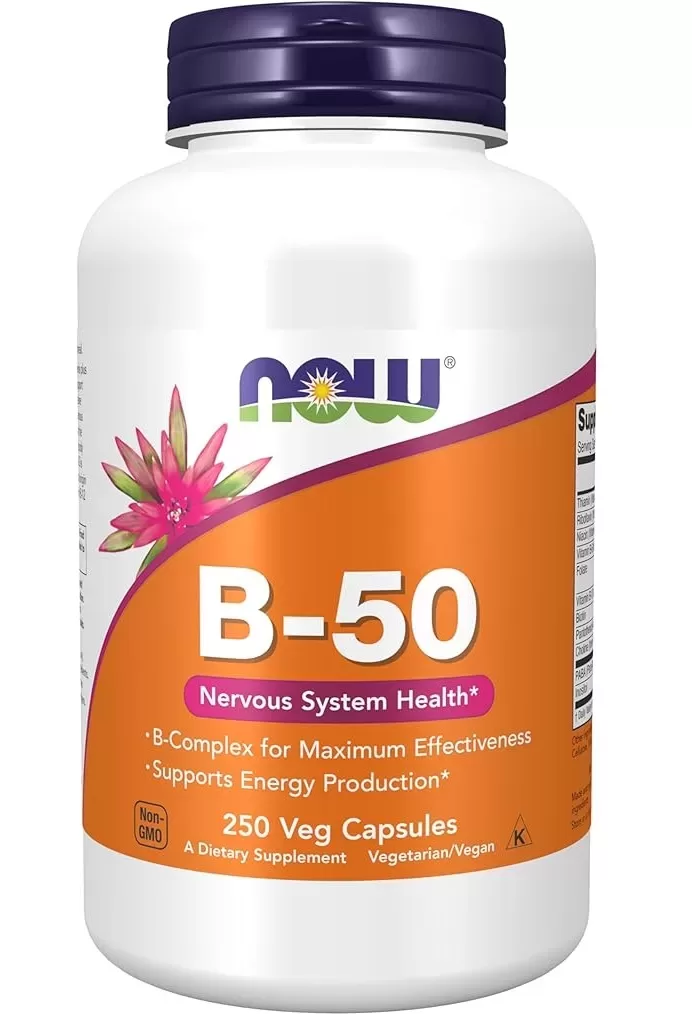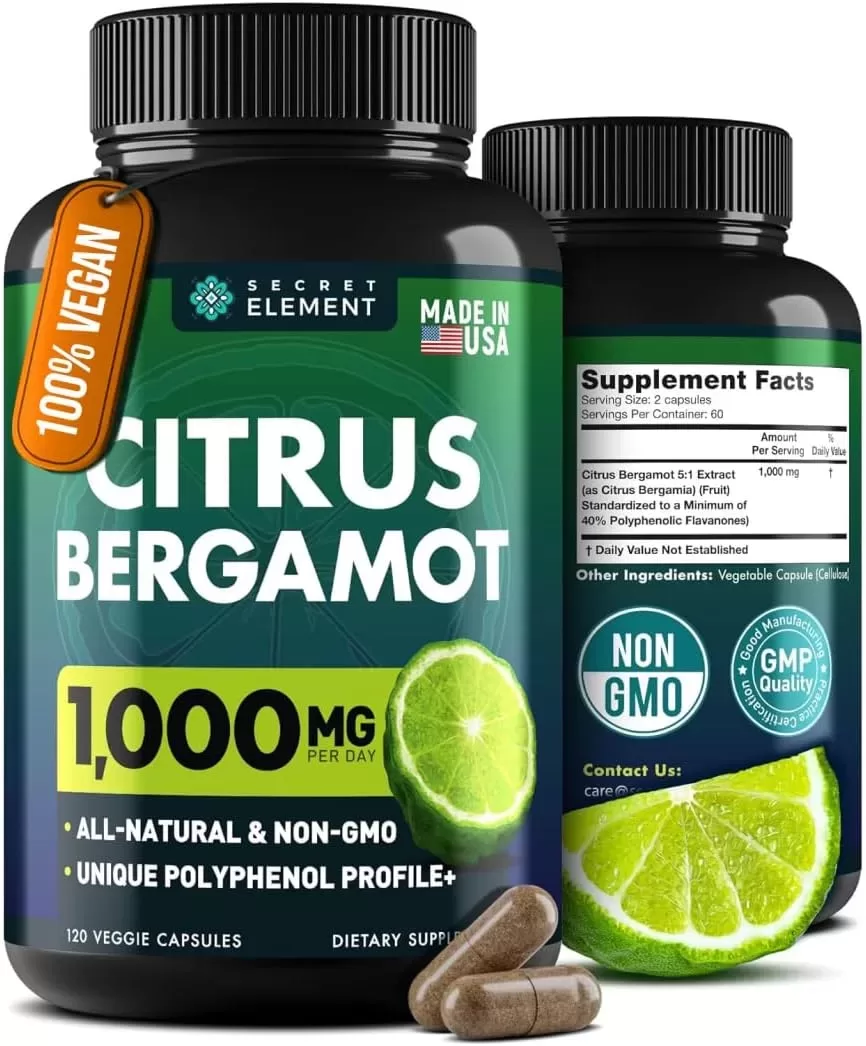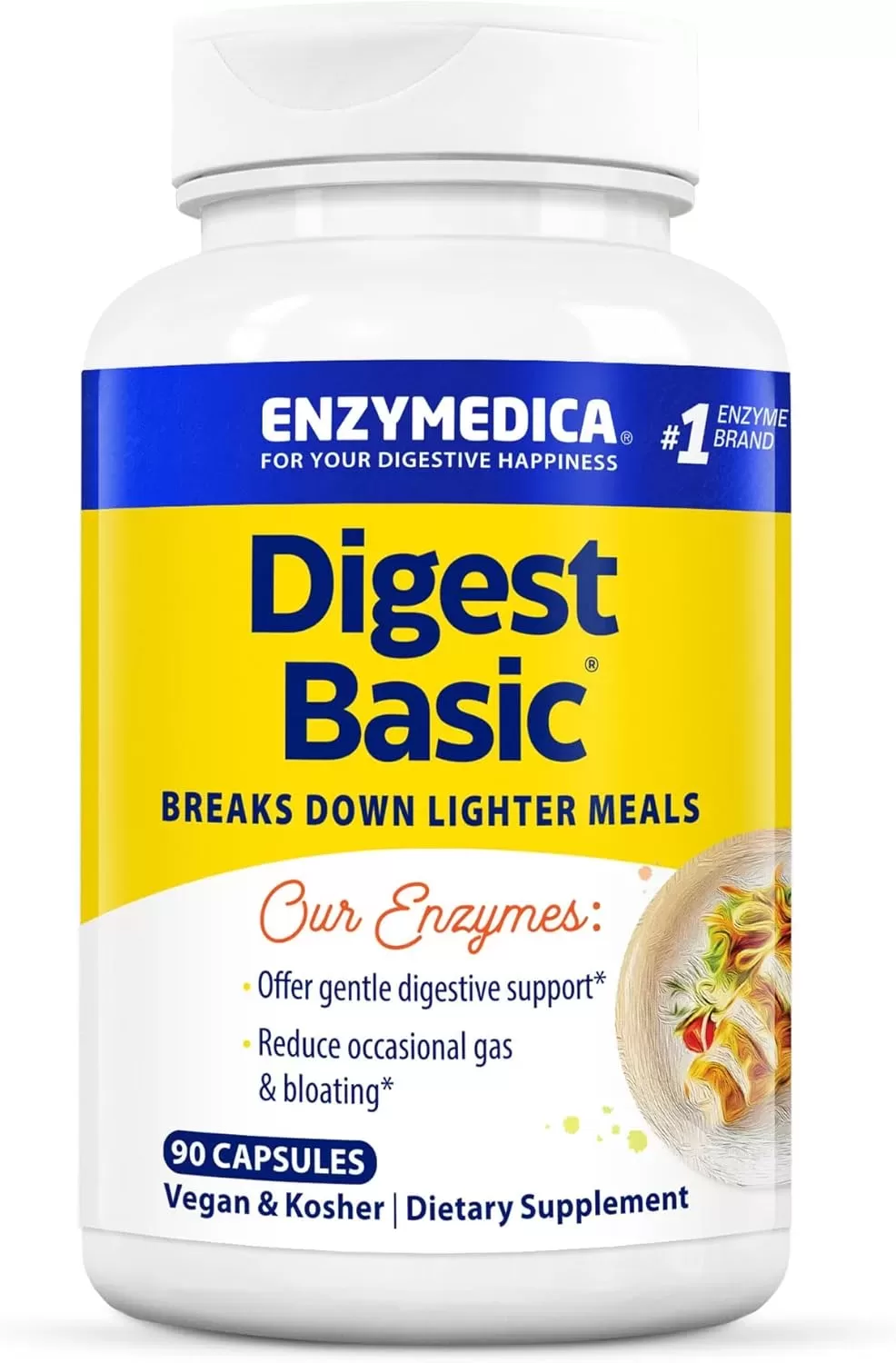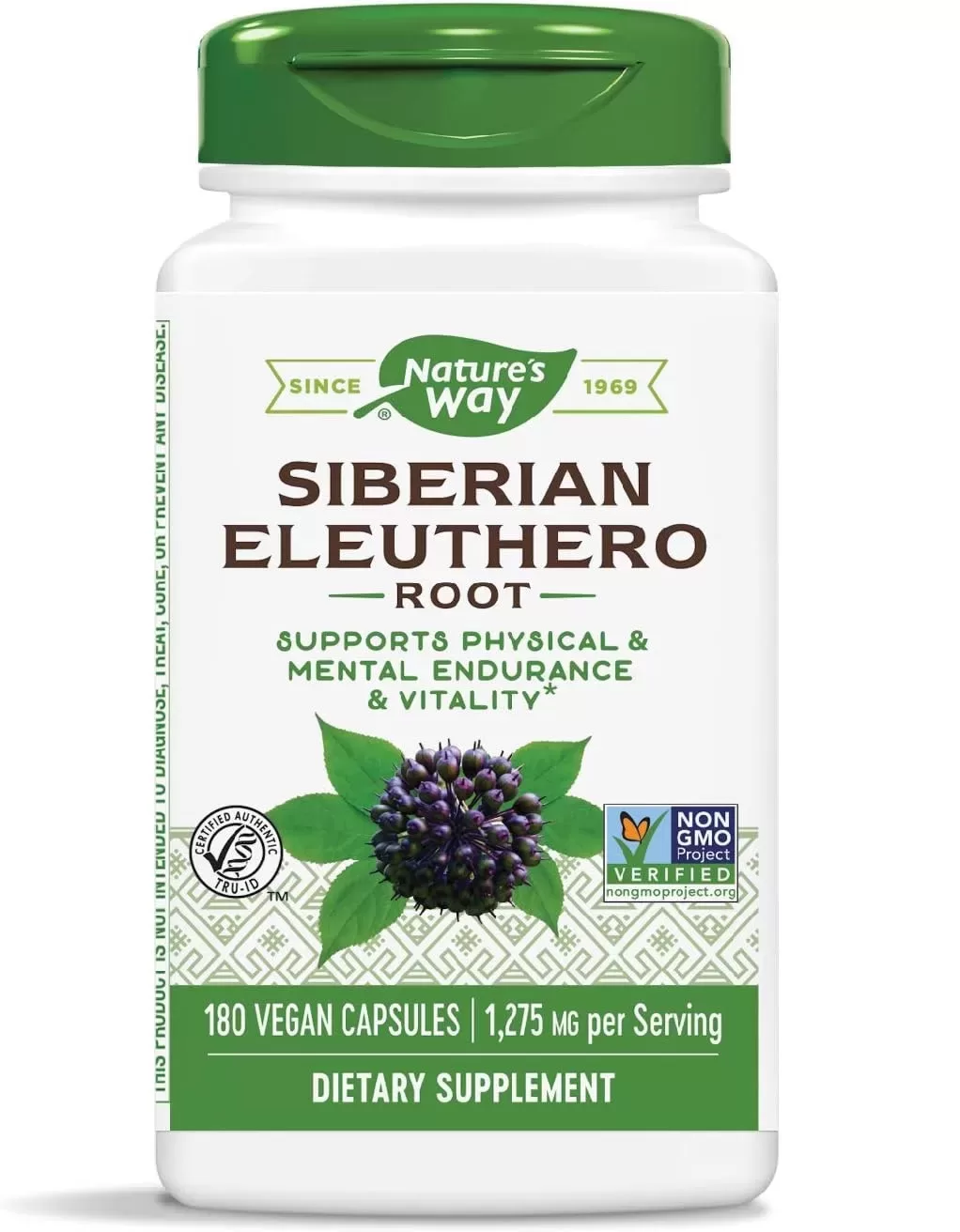Thinking about going vegan? You’ve come to the right place! Our 2024 vegan starter kit is your ultimate guide to transitioning to a compassionate and sustainable lifestyle. We’ll walk you through the basics, from understanding veganism’s core principles to discovering delicious plant-based recipes and essential nutritional tips.
Ready to dive deeper? Keep reading to unlock a world of flavor, health, and ethical living. Whether you’re a seasoned vegan or a curious newcomer looking for recipes, this comprehensive guide will equip you with the knowledge and inspiration you need to thrive on a plant-based diet. Let’s embark on this exciting journey together!
What is it being a vegan?
Veganism is a lifestyle that goes beyond dietary choices. It’s a conscious decision to minimize harm to animals and the environment. By abstaining from consuming or using animal products, vegans strive to live ethically and sustainably. This includes avoiding meat, poultry, fish, eggs, dairy, and products derived from animals, such as leather, fur, and wool.
Many individuals transition to a vegan lifestyle driven by a deep concern for animal welfare. They believe that animals deserve to live free from the cruelty and exploitation inherent in factory farming and other animal agriculture practices. By choosing plant-based foods, vegans actively work to reduce demand for animal products and promote a more compassionate world.
The animal agriculture industry is a major contributor to climate change, deforestation, and water pollution. By adopting a vegan diet, individuals can significantly reduce their carbon footprint and help protect the planet. Plant-based diets require fewer resources, such as land and water, and produce fewer greenhouse gas emissions compared to meat-heavy diets.
A well-planned vegan diet can offer a multitude of health benefits. Studies have shown that vegans may have a lower risk of heart disease, stroke, type 2 diabetes, and certain types of cancer. Plant-based diets are often rich in fiber, vitamins, minerals, and antioxidants, which can contribute to improved digestion, weight management, and overall well-being.
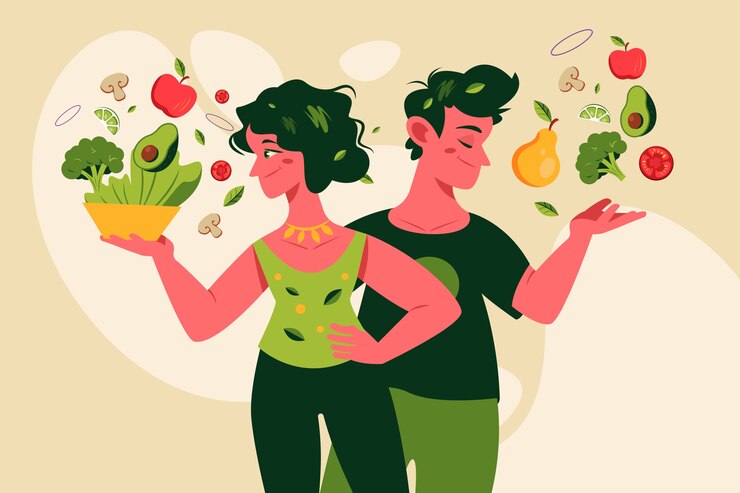
How to Be a Vegan in 2024?
Planning your meals in advance can significantly streamline your vegan lifestyle. Create a weekly meal plan to stay organized and avoid impulsive food choices. Cook large batches of grains, legumes, and sauces to save time and reduce food waste. Divide these into individual portions and store them in the refrigerator or freezer for quick and easy meals. Finally, get creative with leftovers by transforming them into soups, stews, or burritos to minimize food waste and maximize flavor.
1. Assess Your Current Diet
Before diving into a fully plant-based lifestyle, take stock of your current eating habits. Identify the animal-derived foods you consume most often and consider how you can gradually replace them with plant-based alternatives. This self-awareness will help you create a realistic and sustainable transition plan.
2. Set Achievable Goals
Rather than aiming for an overnight transformation, set small, achievable goals. For instance, start by incorporating more plant-based meals into your weekly routine or trying a new vegan recipe each week. Celebrate your successes, no matter how small, to stay motivated and inspired.
3. Educate Yourself About Vegan Nutrition
To ensure a well-balanced vegan diet, it’s crucial to understand the essential nutrients and their plant-based sources. Consider consulting with a registered dietitian or nutritionist specializing in plant-based diets to receive personalized guidance. Additionally, explore reputable online resources and vegan cookbooks to expand your knowledge and culinary skills.
4. Gradual Transition Tips
Begin by eliminating one or two animal-derived foods, such as meat or dairy, and gradually introduce plant-based alternatives. This gradual approach can help minimize any feelings of deprivation or overwhelm. Discover the vast array of delicious and nutritious plant-based alternatives available. From plant-based milk and yogurt to meatless burgers and sausages, there’s something to satisfy every craving.
Vegan cuisine is incredibly diverse, offering a world of flavors and culinary experiences. Explore different cuisines, from Indian and Thai to Mexican and Italian, to discover new plant-based dishes and expand your palate.
Essentials of Vegan Nutrition
A well-planned vegan diet can provide all the essential nutrients your body needs. Here’s a breakdown of key nutrients to focus on and how to obtain them from plant-based sources:
| Nutrient | Importance | Vegan Sources |
| Protein | Builds and repairs tissues, supports muscle growth, and maintains a healthy immune system. | Legumes (beans, lentils, chickpeas), tofu, tempeh, seitan, nuts, seeds, whole grains |
| Vitamin B12 | Crucial for red blood cell production, nerve function, and DNA synthesis. | Fortified plant-based milk, nutritional yeast, fortified cereals |
| Iron | Essential for oxygen transport in the blood. | Fortified cereals, tofu, lentils, spinach, beans, nuts, seeds |
| Calcium | Essential for bone health and muscle function. | Fortified plant-based milk, tofu, fortified plant-based yogurt, leafy green vegetables (kale, bok choy, collard greens) |
| Omega-3 Fatty Acids | Essential for heart health, brain function, and vision. | Flaxseeds, chia seeds, walnuts, algae-based omega-3 supplements |
| Fiber | Promotes digestive health, regulates blood sugar, and aids in weight management. | Whole grains, legumes, fruits, vegetables |
| Potassium | Regulates blood pressure, supports muscle function, and aids in fluid balance. | Bananas, potatoes, spinach, avocados |
| Vitamin C | Boosts immunity, aids in iron absorption, and promotes collagen production. | Citrus fruits, berries, bell peppers, broccoli |
| Magnesium | Supports muscle and nerve function, regulates blood pressure, and aids in sleep. | Spinach, almonds, whole grains, legumes |
Essential Vegan Kitchen Staples
A well-stocked vegan kitchen is the key to preparing delicious and nutritious meals. Here’s a list of essential pantry staples, fresh produce, plant-based protein options, and vegan alternatives to common ingredients:
| Category | Essential Items |
| Pantry Essentials | Rice, quinoa, oats, whole-wheat pasta, lentils, chickpeas, black beans, kidney beans, almonds, walnuts, chia seeds, flaxseeds, sunflower seeds, whole-wheat flour, almond flour, coconut flour, tigernut flour, tapioca flour, Einkorn flour, soy sauce, tamari, nutritional yeast, tahini, vegan mayonnaise, vegan ketchup, variety of herbs and spices |
| Fresh Produce Staples | Leafy greens (spinach, kale), carrots, broccoli, cauliflower, bell peppers, onions, garlic, mushrooms, tomatoes, apples, bananas, berries (strawberries, blueberries, raspberries), oranges, avocados |
| Plant-Based Protein Options | Tofu (firm, extra-firm, silken), tempeh, seitan |
| Vegan Alternatives | Almond milk, soy milk, oat milk, coconut milk, vegan cheese alternatives, flaxseed meal, chia seeds, applesauce, vegan butter alternatives, soy, almond, or coconut-based yogurt, maple syrup, agave nectar, fruit juice |
How to Plan Your Vegan Meals
Planning your vegan meals can be a fun and creative process. Here are some tips to help you create delicious and nutritious meals:
Start with the Basics
Whole grains like brown rice, quinoa, and whole-wheat pasta are excellent sources of carbohydrates and fiber. Lentils, chickpeas, and beans are packed with protein, fiber, and other essential nutrients. Aim for a colorful variety of vegetables, including leafy greens, cruciferous vegetables, and root vegetables. Incorporate fresh or frozen fruits into your meals and snacks for sweetness and essential vitamins and minerals.
Quick and Easy Vegan Meal Ideas
- Salads: Create a colorful and refreshing salad by combining a variety of greens, vegetables, and a plant-based protein source like tofu or tempeh.
- Stir-Fries: Sauté your favorite vegetables and a protein source in a flavorful sauce for a quick and easy meal.
- Bowls: Build a nourishing bowl with grains, legumes, vegetables, and a plant-based protein source.
- Sandwiches and Wraps: Fill whole-grain bread or tortillas with vegan fillings like hummus, avocado, and vegetables.
- Smoothies: Blend fruits, vegetables, and a plant-based protein powder for a quick and nutritious breakfast or snack.
Remember, a balanced vegan diet should include a variety of plant-based foods to ensure you’re getting all the essential nutrients. Experiment with different flavors, textures, and cooking techniques to keep your meals exciting and satisfying.
A Beginner’s Guide to Vegan Diet Percentages
Here’s a more detailed breakdown of recommended food percentages for a balanced vegan diet:
| Food Group | Percentage | Specific Examples |
| Fruits and Vegetables | 45-60% | Fresh, frozen, or canned fruits (berries, citrus, apples, bananas); Leafy greens (spinach, kale), cruciferous vegetables (broccoli, cauliflower), root vegetables (carrots, potatoes), bell peppers, onions, tomatoes |
| Whole Grains | 25-35% | Brown rice, quinoa, oats, whole-wheat bread, pasta, and cereals |
| Legumes | 10-15% | Lentils, chickpeas, kidney beans, black beans, tofu, tempeh |
| Healthy Fats | 10-15% | Nuts (almonds, walnuts, cashews), seeds (chia, flax, sunflower), avocados, olive oil |
Remember: These are general guidelines and may vary based on individual needs and preferences. It’s essential to consult with a healthcare professional or registered dietitian for personalized advice.
By following these guidelines and incorporating a variety of plant-based foods into your diet, you can ensure that you’re meeting your nutritional needs and enjoying a healthy, sustainable lifestyle.
Navigating Vegan Dining Out
Eating out as a vegan can be both exciting and challenging. Here are some tips to help you make the most of your dining experiences:
- Check the Menu in Advance: If possible, look at the restaurant‘s menu online to identify any vegetarian or vegan options. This will help you plan your meal and avoid any surprises.
- Communicate Clearly: When dining out, be clear and concise about your dietary needs. Instead of saying “I don’t eat meat,” specify that you’re vegan and cannot consume any animal products. Using specific terms like “vegan” or “plant-based” can help ensure your preferences are understood.
- Ask Questions: Don’t hesitate to ask your server if a dish can be modified to be vegan. For example, you could ask if cheese, butter, or eggs can be omitted.
- Focus on Sides: If the main courses aren’t suitable, consider ordering a variety of sides to create a satisfying meal.
- Bring Your Own Food: If you’re unsure about the options available, bring a vegan meal or snack with you.
- Offer to Bring a Dish: When attending social events or family gatherings, offer to bring a vegan dish. This ensures you have something to eat and gives you the opportunity to share your favorite vegan recipes.
- Be Prepared to Educate: Be ready to answer questions about your vegan lifestyle. Use it as an opportunity to educate others about the benefits of plant-based eating.
- Focus on Connection: Remember, social events are primarily about connecting with people. Don’t let food be a barrier to socializing. Enjoy the company of your loved ones and focus on the conversation.
Embracing a Holistic Vegan Lifestyle
Veganism is more than just a dietary choice; it’s a lifestyle that extends to various aspects of daily life. Here’s how you can fully embrace a compassionate and sustainable vegan lifestyle:
- Cruelty-Free Personal Care: Opt for cosmetics, skincare products, and toiletries that are certified cruelty-free by organizations like Leaping Bunny or Vegan Society. Look for products labeled as “vegan” to ensure they don’t contain any animal-derived ingredients.
- Vegan Fashion: Choose clothing and accessories made from plant-based materials like cotton, linen, bamboo, or recycled polyester. Avoid products made from animal-derived materials such as leather, wool, fur, or silk.
- Eco-Friendly Home: Select household items and cleaning products that are free from animal-derived ingredients and harmful chemicals. Look for products with certifications like Vegan Action or Cruelty-Free International.
- Ethical Entertainment: Support ethical entertainment options that prioritize animal welfare and conservation. Avoid animal-based attractions like zoos, circuses, and aquariums. Explore vegan-friendly documentaries, films, and TV shows that promote compassion and sustainability.
- Mindful Travel: Choose accommodations and tour operators that prioritize ethical and sustainable practices. Research animal-friendly destinations and activities.
By making conscious choices in these areas, you can fully embrace a vegan lifestyle and contribute to a more compassionate and sustainable world.
Nurturing Your Health with A 2024 Vegan Starter Kit
A well-planned vegan diet can be incredibly nutritious and beneficial for overall health. However, like any dietary choice, it’s important to be mindful of potential nutritional deficiencies and take proactive steps to address them.
- Regular Health Check-ups: Schedule regular check-ups with your healthcare provider to monitor your overall health and address any concerns. Inform your doctor about your vegan diet to ensure they can provide tailored advice and recommendations.
- Nutrient-Dense Diet: Focus on consuming a variety of nutrient-dense plant-based foods, including protein-rich foods, healthy fats, complex carbohydrates, vitamins, and minerals.
- Hydration: Stay hydrated by drinking plenty of water throughout the day.
- Fitness and Exercise: Engage in regular exercise, such as strength training, cardio, and flexibility exercises, to maintain a healthy weight, build muscle, and improve overall fitness. A vegan diet can provide ample protein and nutrients to support your workout routine.
- Mental Health and Community: Prioritize your mental health by practicing stress-management techniques like meditation, yoga, or spending time in nature. Connect with other vegans through online communities, local meetups, or support groups. This can provide a sense of belonging, motivation, and encouragement.
By following these guidelines and consulting with a healthcare professional, you can thrive on a healthy and fulfilling vegan lifestyle.
Vegan Events This 2024
- January: A month-long campaign encouraging people to try a vegan diet.
- September: Global Climate Strike as a global event to raise awareness about climate change, often with a focus on the environmental impact of animal agriculture.
- November: COP28 The United Nations Climate Change Conference, where discussions often include the role of plant-based diets in mitigating climate change.
Ongoing Events
- Plant-Based World Expo: Various locations throughout the year, showcasing the latest plant-based products, innovations, and information.
- Vegan Restaurant Week: Held in various cities, highlighting vegan restaurants and encouraging people to try plant-based cuisine.
- Health and Wellness Conferences: Often include sessions on plant-based nutrition, sustainable living, and the environmental benefits of veganism.
These events offer opportunities for vegans, plant-based enthusiasts, and those interested in sustainability to connect, learn, and inspire others. Connect with like-minded individuals by joining local vegan groups and attending vegan festivals and conferences. Online platforms like Facebook, Instagram, Reddit, and vegan-specific websites and forums offer opportunities to connect with a global community of vegans. Share your experiences, educate others, and offer support to newcomers.
Remember to communicate respectfully with non-vegans, focusing on education and positive language rather than judgment or criticism. By fostering a supportive and inclusive community, we can collectively promote a more compassionate and sustainable future.
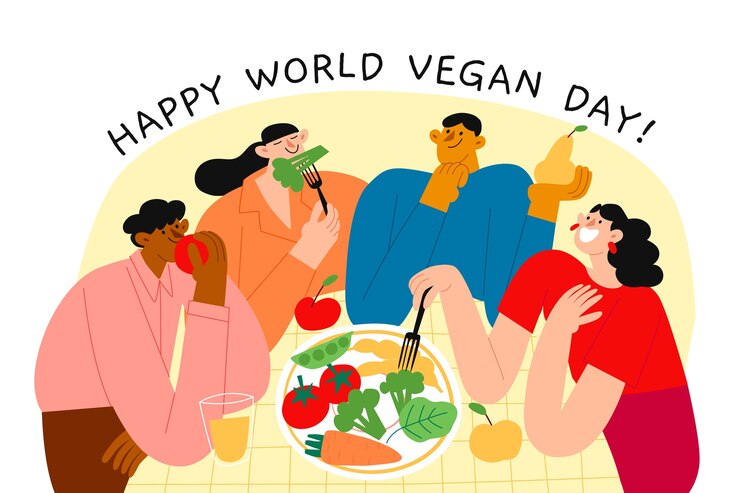
Overcoming Common Challenges as a Vegan
Embracing a vegan lifestyle can be incredibly rewarding, but it’s not without its challenges. Here are some common obstacles and strategies to overcome them:
Managing Cravings
Understand what triggers your cravings, whether it’s a specific texture, flavor, or mealtime. Experiment with different plant-based foods to find satisfying alternatives to your favorite non-vegan dishes. Pay attention to your hunger cues and avoid emotional eating.
Dealing with Social Pressure
Don’t feel pressured to compromise your beliefs. Offer to bring your own dish ensures you have something to eat at social events. Build a supportive community to share experiences and encourage one another.
Ensuring Adequate Nutrition
Get personalized advice to address any potential nutrient deficiencies with a healthcare professional like Trish Tucker May. Use a food diary or app to monitor your nutrient intake.
Staying Motivated Long-Term
Break down your goals into smaller, achievable steps. Reward yourself for achieving milestones. Engage with other vegans for inspiration and support. Remind yourself of the ethical, environmental, and health benefits of your vegan lifestyle.
By addressing these challenges proactively, you can maintain a fulfilling and sustainable vegan lifestyle.
Final Thoughts
The future of veganism is bright, with increasing consumer awareness and demand driving innovation in the plant-based food industry. Plant-based meat alternatives, dairy alternatives, and convenient vegan foods are becoming more accessible and affordable. Advancements in research are leading to a better understanding of vegan nutrition and the development of fortified plant-based foods.
As veganism continues to gain momentum, it has the potential to significantly reduce environmental impact, improve animal welfare, and enhance public health. The United States, with its thriving vegan scene, plays a pivotal role in shaping the global future of plant-based living.
FAQs
What is the future of vegan food?
The future of vegan food is promising, with increasing innovation in plant-based meat and dairy alternatives. We can expect a wider range of delicious, nutritious, and sustainable options in the years to come.
How much of Gen Z is vegan?
While specific statistics vary, it’s clear that a growing number of Gen Z individuals are adopting vegan or vegetarian diets due to ethical, environmental, and health concerns.
Who is the oldest lifelong vegan?
One of the oldest known lifelong vegans is Donald Watson, a British activist who coined the term “vegan” in the 1940s.
Can a 14 year old be vegan?
Yes, a 14-year-old can absolutely be vegan. With proper planning and guidance, a vegan diet can provide all the necessary nutrients for a healthy and active lifestyle.



